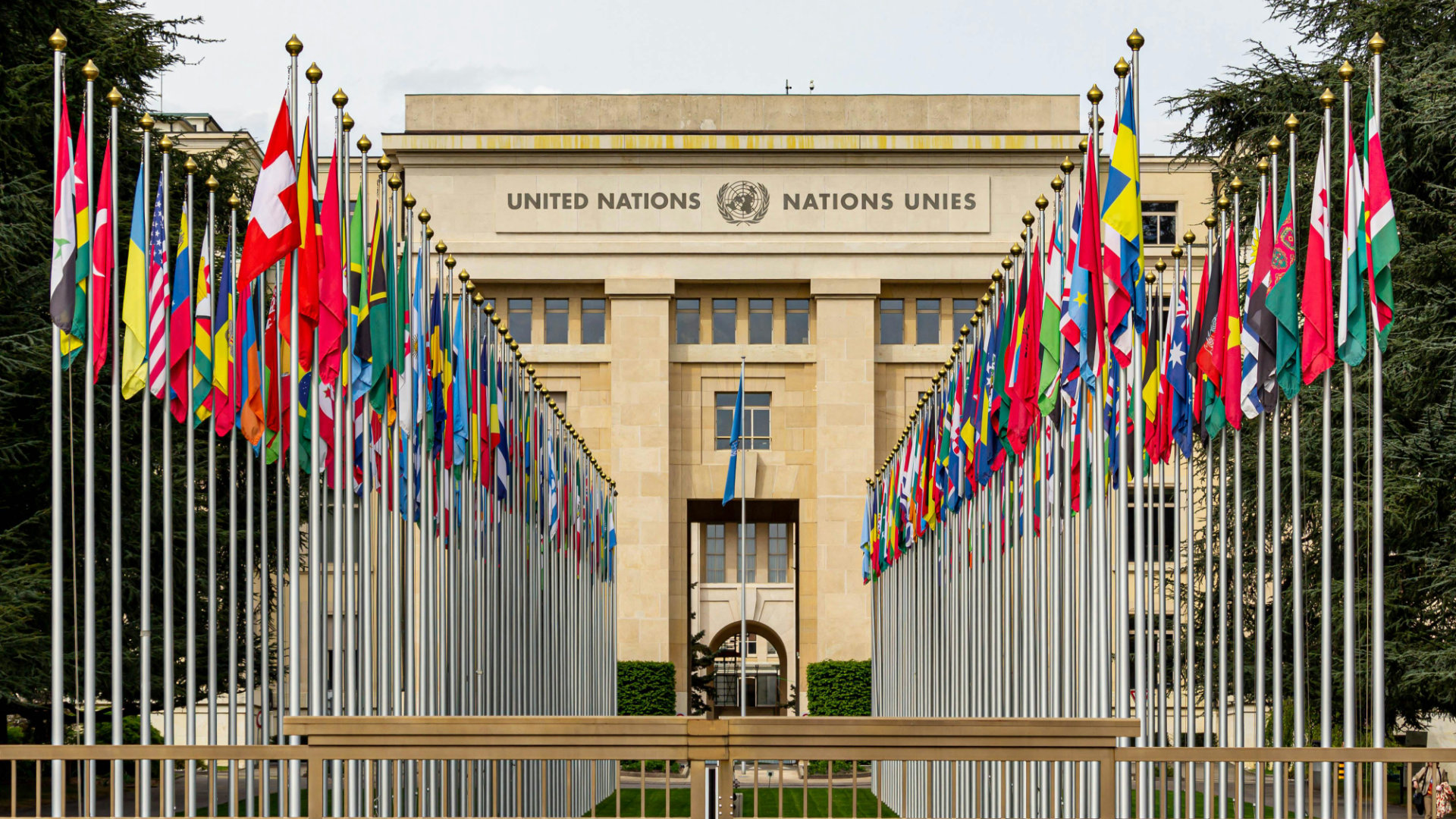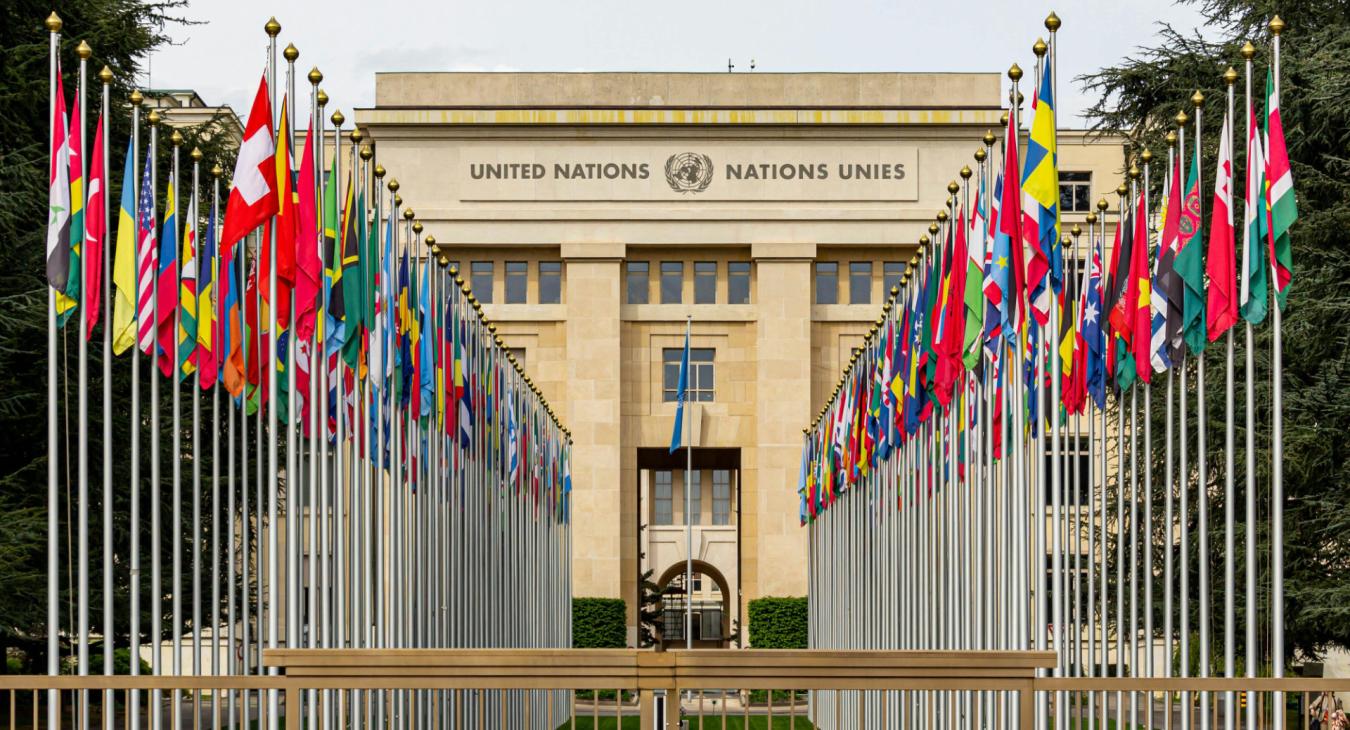Contact us: info@ict.cybersecurity.senate.gov.ng
Information and Communication Technology (ICT) and cybersecurity have become fundamental pillars for parliamentary operations worldwide, transforming legislative processes, enhancing transparency, and safeguarding democratic institutions.
The Role of ICT and Cybersecurity in Modern Parliaments
Information and Communication Technology (ICT) and cybersecurity have become fundamental pillars for parliamentary operations worldwide, transforming legislative processes, enhancing transparency, and safeguarding democratic institutions. The digitalization of parliaments has accelerated significantly, especially following the COVID-19 pandemic, which served as a catalyst for remote working and virtual parliamentary proceedings 413. This comprehensive analysis explores the multifaceted roles of ICT and cybersecurity in contemporary parliamentary systems.
Digital Transformation of Parliamentary Operations
Strategic Digital Infrastructure
Modern parliaments are increasingly adopting comprehensive digital strategies to guide their technological evolution. According to the 2024 IPU World e-Parliament Report, approximately 68% of parliaments now have multi-year digital strategies, representing a significant shift from previous years 4. These strategies typically encompass:
- Digital governance frameworks that establish clear policies and oversight structures
- Integrated parliamentary systems for bill drafting, tracking, voting, and document management
- Cloud-based solutions that enable remote access to parliamentary resources
- Unified digital workspaces that facilitate multilingual access to documents from any location 14
The digital maturity of parliaments varies significantly across nations, with high-income countries typically supporting 16-17 functional areas through IT systems compared to just 9-10 in sub-Saharan Africa and Pacific regions 4.
Legislative Process Modernization
ICT has revolutionized core parliamentary functions through:
- E-lawmaking platforms: Systems like the UK's LAWMAKER application treat legislation as data, covering the full legislative lifecycle from drafting to publication 13. Brazil's Ulysses Suite uses AI to analyze up to 30,000 public comments on legislation, summarizing feedback through machine learning 4.
- Electronic voting systems: Many parliaments have transitioned from physical voting lobbies to digital systems, with the pandemic accelerating this shift 13.
- Virtual committee operations: Videoconferencing technology allows parliamentarians to conduct hearings remotely, reducing travel needs while maintaining legislative oversight 913.
- Document management: Digital systems have replaced paper-based workflows, enabling real-time updates and version control for legislative documents 414.
Enhancing Public Engagement and Transparency
Digital Democracy Initiatives
ICT enables parliaments to fulfill their democratic mandate more effectively by:
- Providing real-time access to parliamentary proceedings through live streaming and digital archives 47
- Creating platforms for public participation in legislative processes, such as commenting on bills or submitting petitions electronically 49
- Developing constituency engagement tools like casework management systems and targeted communication platforms 13
- Offering multimedia content that makes parliamentary work more accessible to diverse audiences 9
However, public engagement remains an area needing improvement, as few parliaments have formal strategies for online citizen interaction 4. The digital divide also limits participation in regions with poor internet access.
Transparency and Accountability Mechanisms
Digital technologies enhance parliamentary oversight through:
- Open data initiatives that publish legislative information in machine-readable formats
- Vote tracking systems like the UK's "Commons Votes" app, which displays individual MP voting records within 20 minutes of decisions 13
- Financial disclosure platforms that make parliamentary budgets and expenditures publicly accessible
- Lobbying registries maintained through specialized software systems
Cybersecurity: Protecting Democratic Institutions
Growing Cyber Threats to Parliaments
Parliaments face increasing cybersecurity risks, including:
- State-sponsored attacks targeting legislative processes or sensitive data 68
- Disinformation campaigns that undermine trust in democratic institutions 6
- Ransomware attacks that could disrupt parliamentary operations 8
- Data breaches exposing confidential parliamentary information or constituent communications 8
The UK's National Cyber Security Centre has identified state-aligned actors as emerging threats to critical national infrastructure, including parliamentary systems 6. Approximately 70% of parliaments have adopted national cybersecurity standards, while 53% have internal cybersecurity strategies 4.
Cybersecurity Best Practices for Parliaments
Effective parliamentary cybersecurity requires:
- Comprehensive security plans: Developing written policies and procedures tailored to parliamentary needs through thorough risk assessments 8.
- Dedicated cybersecurity teams: Establishing specialized units like the European Parliament's Directorate-General for Information Technologies and Cybersecurity (DG ITEC) 14 or Zambia's ICT Department that handles network security 8.
- Staff training programs: Educating MPs and parliamentary staff on cybersecurity hygiene to prevent phishing and other common attacks 78.
- Advanced protection measures: Implementing multi-factor authentication, encryption, secure cloud storage, and regular system audits 8.
- International cooperation: Participating in initiatives like the OSCE's cyber/ICT security confidence-building measures to reduce interstate tensions in cyberspace 12.
Challenges and Future Directions
Persistent Digital Divides
Significant disparities exist in parliamentary digital capabilities:
- Resource gaps: Wealthier parliaments can invest more heavily in ICT infrastructure and cybersecurity than their lower-income counterparts 4
- Skills shortages: Many parliaments struggle to recruit and retain qualified ICT and cybersecurity professionals 68
- Legacy systems: Older parliamentary IT infrastructure can be difficult to secure and maintain 13
Emerging Technologies
Future parliamentary ICT systems will likely incorporate:
- Artificial Intelligence: For tasks like transcription, translation, document analysis, and predictive analytics 46
- Blockchain: For secure voting systems and document authentication
- Advanced biometrics: For secure access control to parliamentary systems and facilities 9
- 5G networks: Enabling more robust mobile parliamentary operations
Balancing Innovation and Tradition
As noted by former UK MP Caroline Flint, parliaments must manage "the need to modernize whilst maintaining some of the traditions most loved about our Parliaments" 13. This requires:
- Phased implementations that allow for user adaptation
- Hybrid models combining physical and virtual participation
- Continuous evaluation of digital tools' effectiveness
- Member engagement in technology planning processes
Conclusion
ICT and cybersecurity have become indispensable to modern parliamentary democracy, enabling more efficient operations, greater transparency, and enhanced public engagement while protecting legislative institutions from evolving digital threats. As the IPU Secretary General Martin Chungong observes, "A digitally advanced parliament is a stronger, more effective, more transparent and more accountable parliament" 4. However, realizing this vision requires sustained investment, strategic planning, and international cooperation to ensure all parliaments can benefit from digital transformation while mitigating associated risks. The future of democratic governance will increasingly depend on how effectively parliaments harness technology to fulfill their constitutional roles while maintaining public trust in the digital age.
Read more articles
- Log in to post comments



